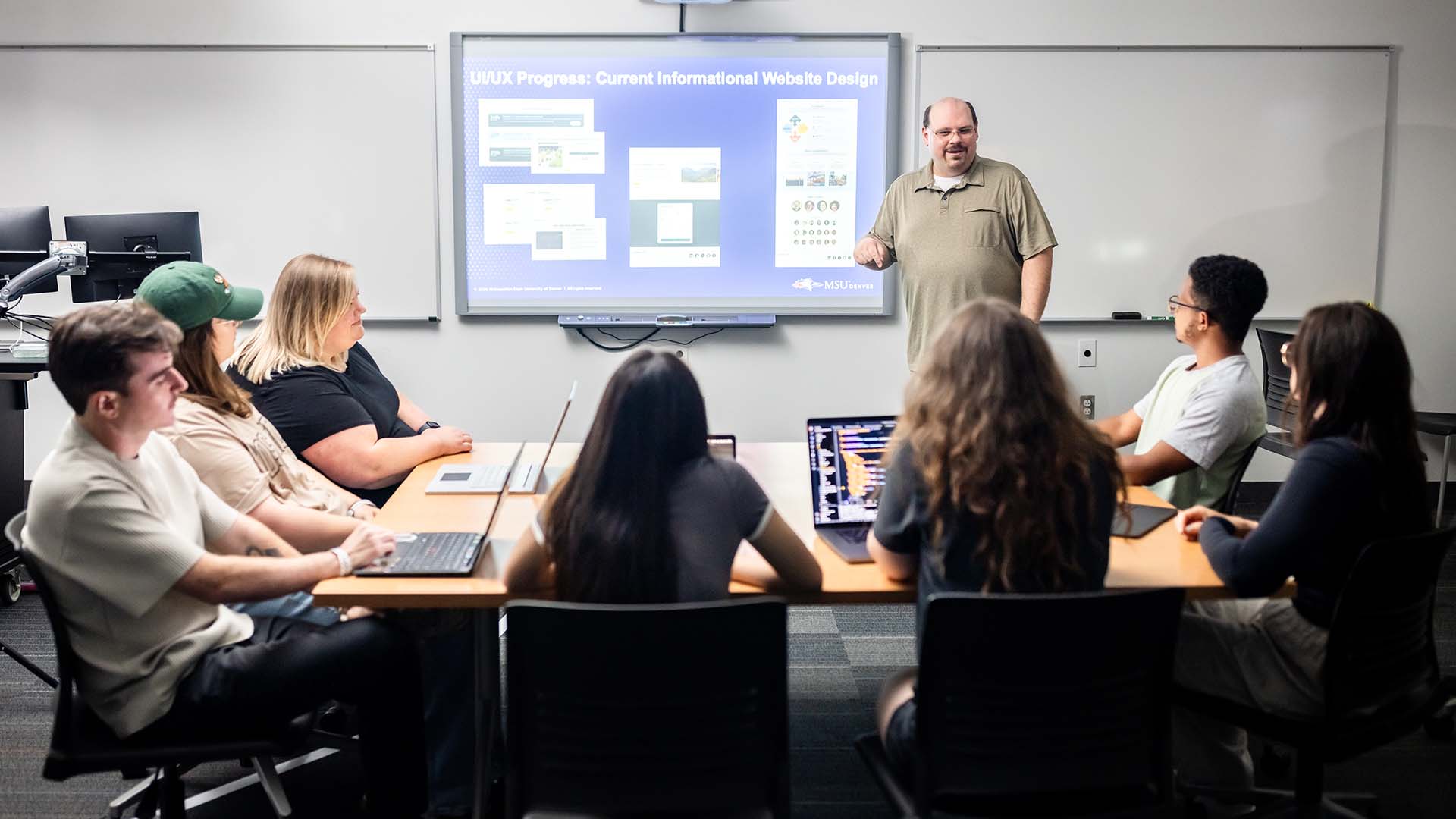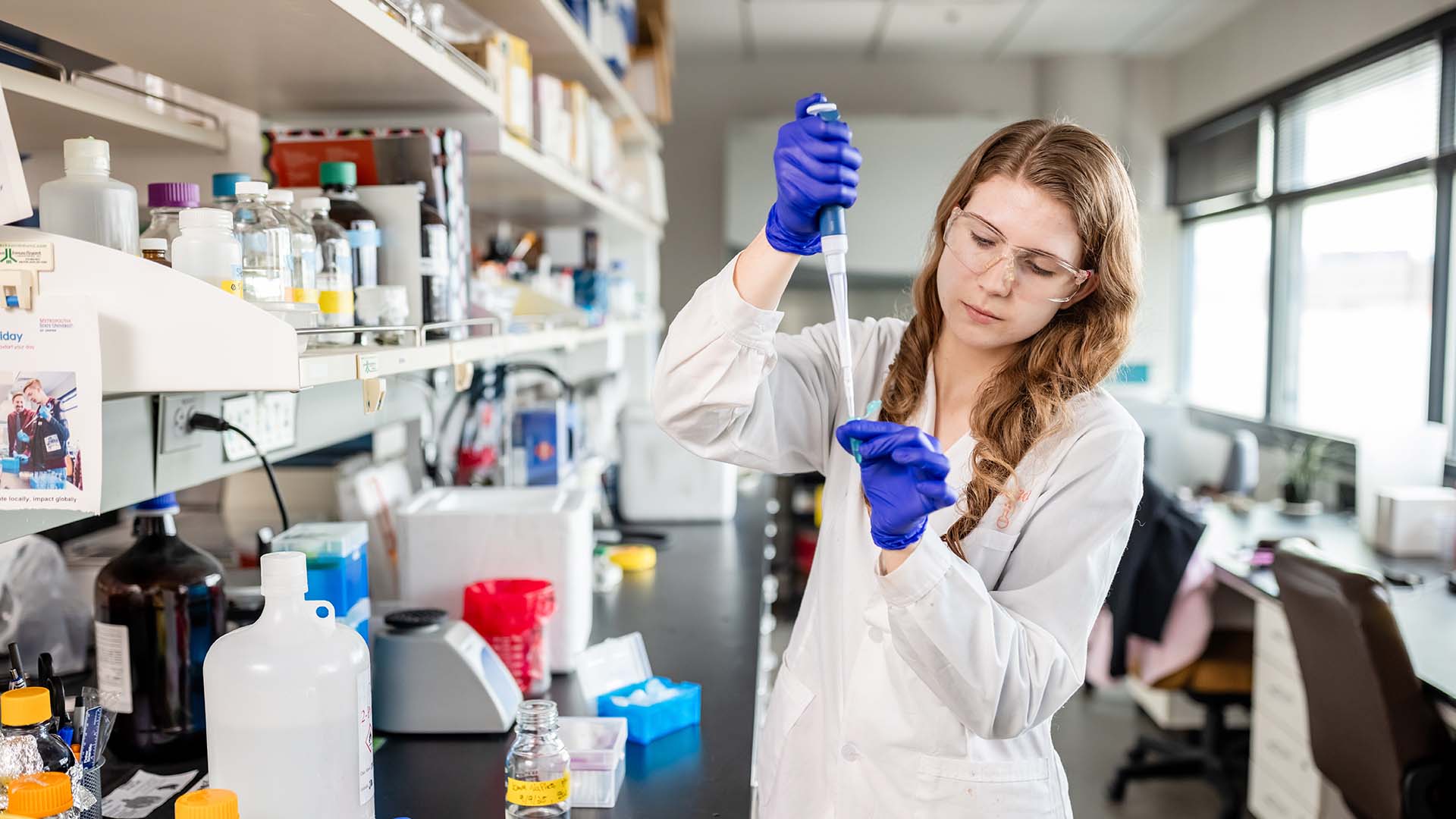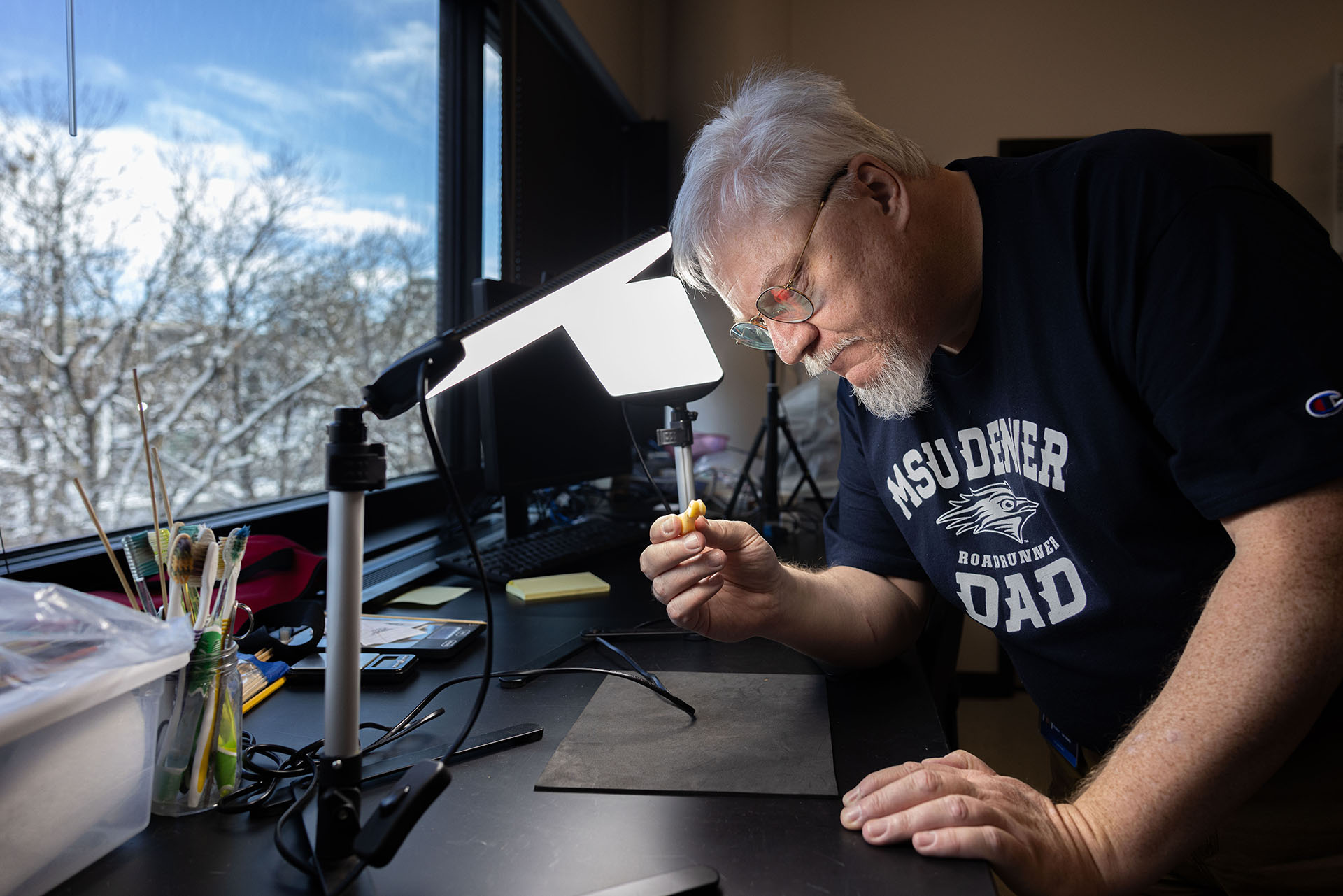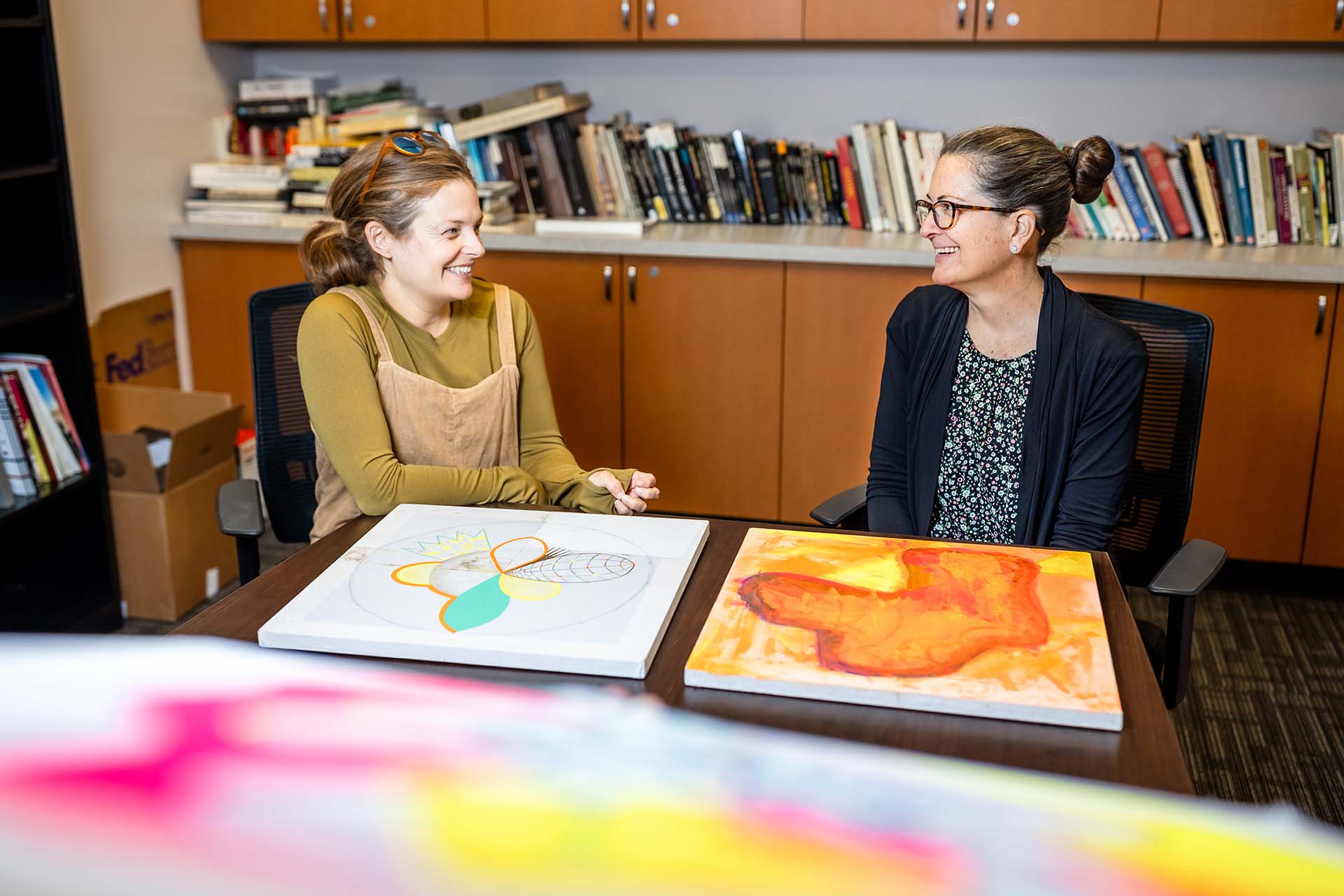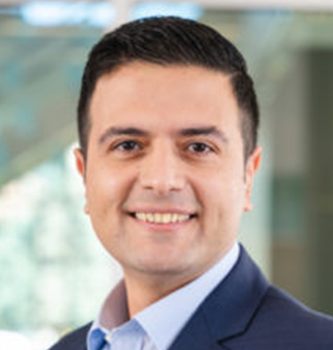MSU Denver enters the metaverse and a new realm in higher education
The University’s School of Hospitality partners with tech giant Meta and VictoryXR to offer new virtual-reality learning opportunities.
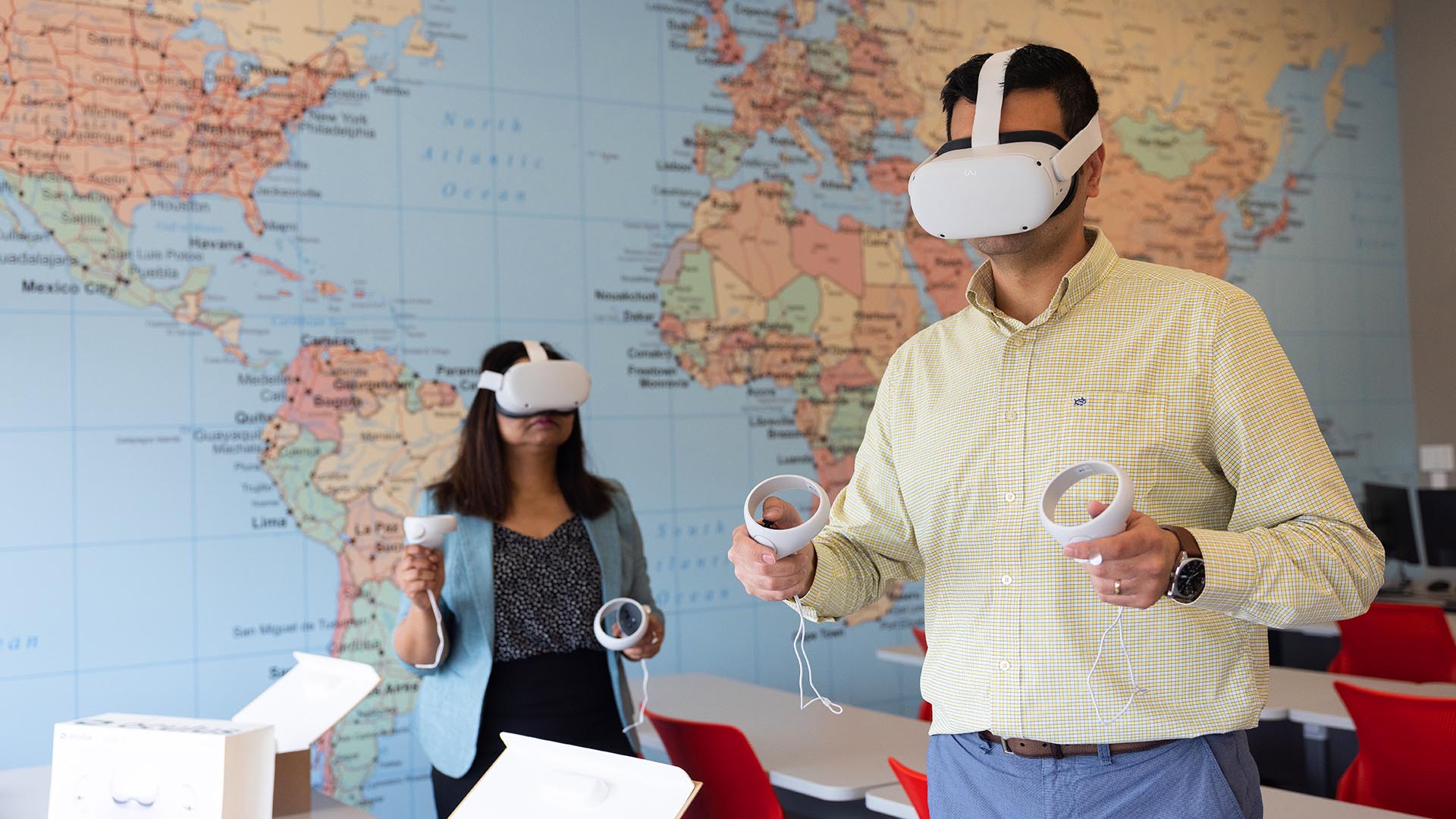
Students studying event and hotel management at Metropolitan State University of Denver will soon visit festivals and resorts around the world without ever leaving their classrooms, thanks to a new partnership with social-technology giant Meta and software developer VictoryXR.
MSU Denver’s School of Hospitality will be the first higher-education program in Colorado to enter the Metaversity, a virtual-reality education initiative supported by Meta, the owner of Facebook, Instagram and a long list of other technology platforms and products.
Meta donated to the school 40 sets of its Oculus2 virtual-reality goggles, training materials and other resources needed to create immersive 3D experiences for students. Two MSU Denver Hospitality professors and five students are in training to roll out VR learning modules in two classes beginning this fall.
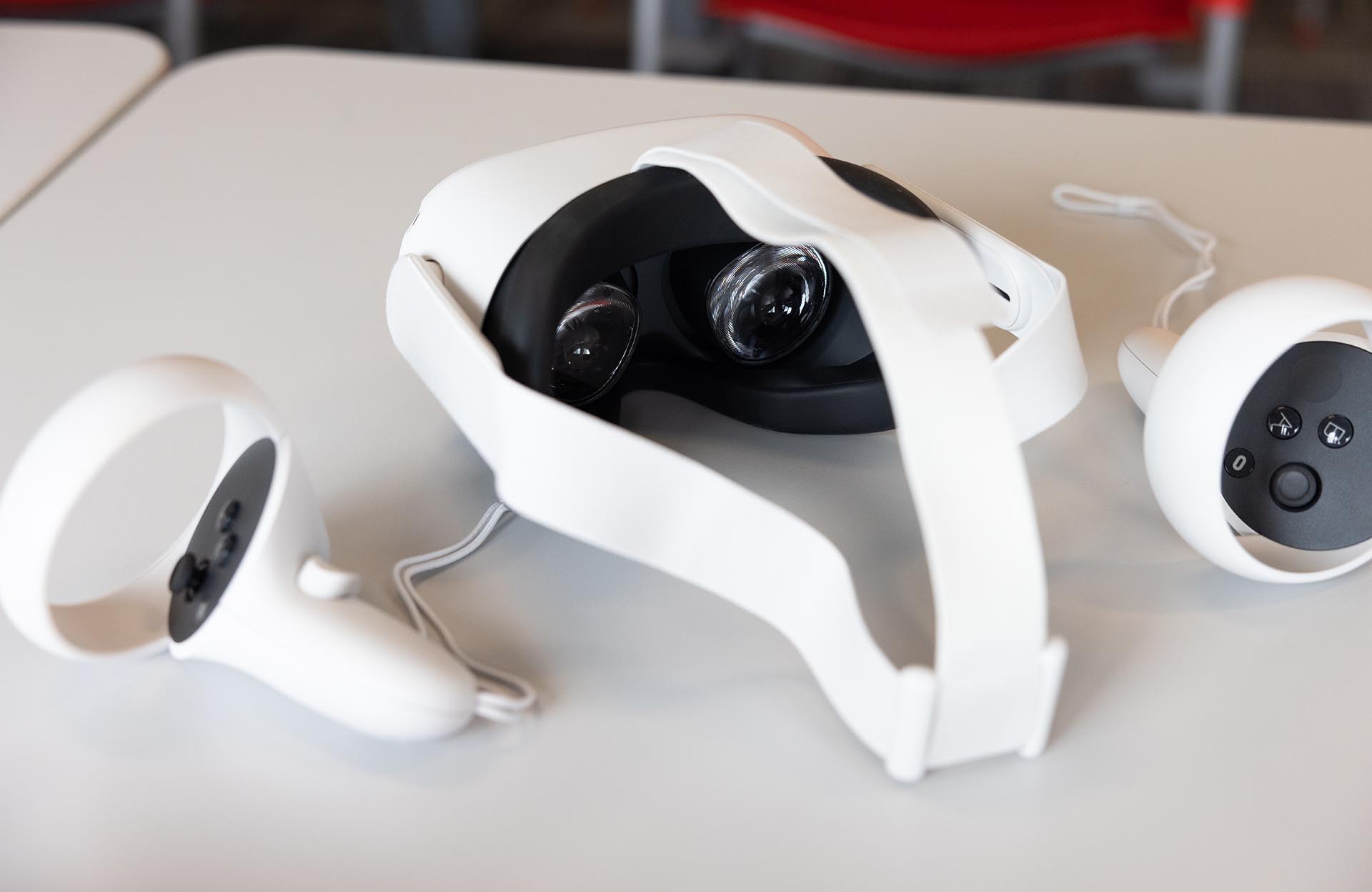
Faculty members are excited about the potential that the tools present for them as educators and, most important, their students, said School of Hospitality Interim Dean Annie Butler, Ph.D.
“It’s not a matter of ‘Here’s a headset — let’s go play,’” Butler said. “Rather, the faculty will be creating an environment for students to interact in a much more in-depth manner than they could otherwise.”
Professor Kiyan Shafieizadeh, Ph.D., will use the technology in his Hotel Management classroom, while Professor Smita Singh, Ph.D., will give her Event Management students an international perspective of their field.
“Different countries have different types of events and festivals, and VR will allow our students to immerse in those environments,” she explained. “This will increase student engagement in a way they couldn’t get from videos or static images.”
RELATED: Virtual reality reveals new possibilities for remote learning
Likewise, Shafieizadeh intends to use VR in two courses: Resort Operations and Quality Service Leadership. “Sometimes, we’ll make ‘site visits’ this way,” he said. “The tool allows us to give (students) different experiential opportunities they couldn’t have otherwise.”
Both professors are encouraged by the statistics they’ve read about the success of VR as a learning tool. Students are four times more emotionally connected when using VR, learn four times faster and emerge more confident in their skill sets after using the technology, said Eric Mason, innovation advisor to the provost at MSU Denver.
“In researching innovations to help in the classroom, I came to the conclusion that VR was a growing modality that many institutions are beginning to adopt,” he said. “I started building out a network (of collaborators) in this space to see what we could develop at the school.”
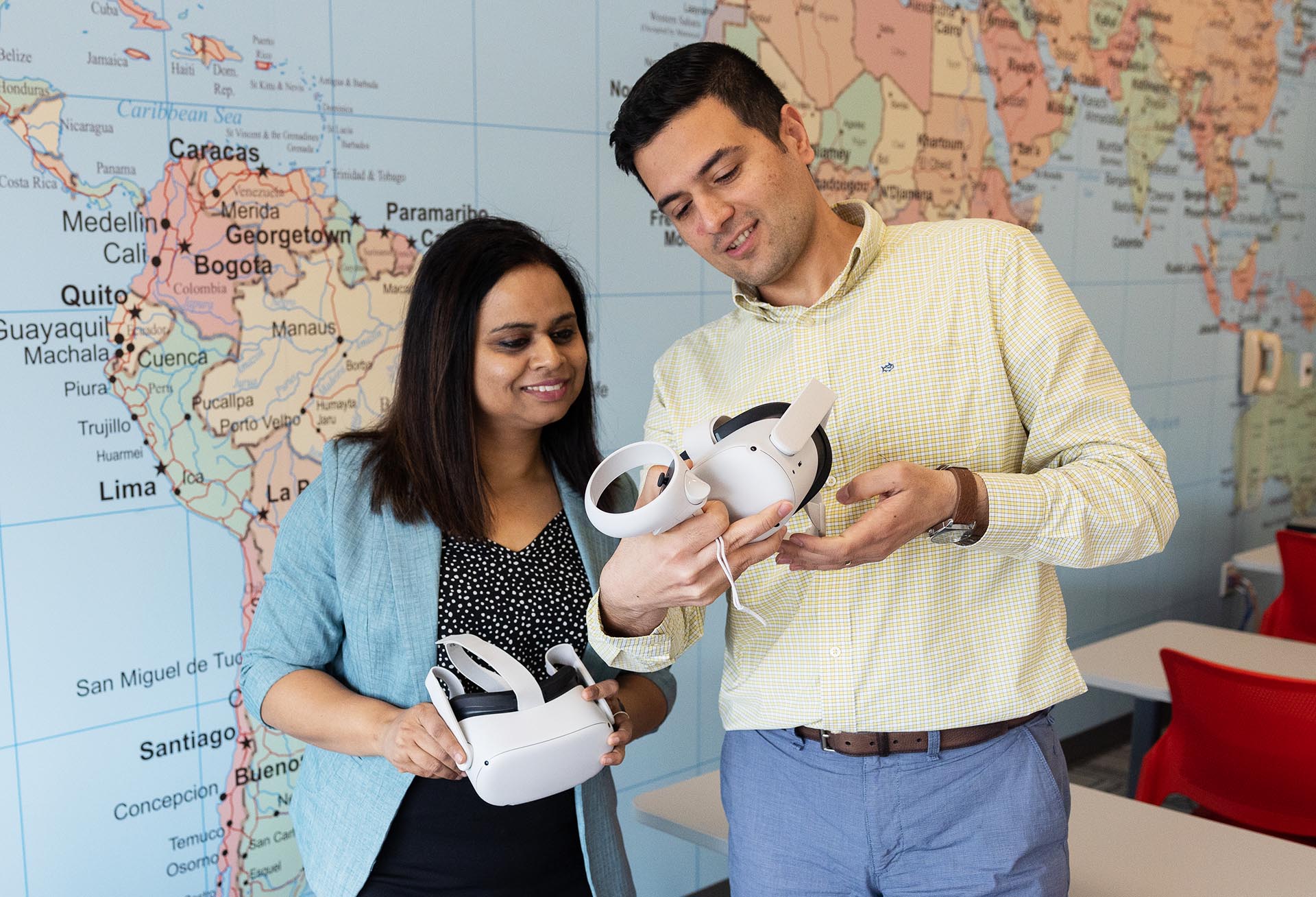
Through his research and networking, Mason landed on Steve Grubbs, CEO of VictoryXR, which connects educators with VR training and funding. Meta is contracting with VictoryXR to help expand the Metaversity, a collection of scores of institutions across the country that have virtual versions of their campuses in the metaverse.
Through virtual-reality goggles, students can choose an institution and then enter its campus, including buildings and classrooms, where they can participate in clubs, host campus meetings and hold open lectures and even concerts.
“The possibilities are truly endless,” Mason said, noting that studies have shown that VR is an effective learning tool.
“It’s a whole new way to build community in a more convenient, inclusive manner,” he said. “That’s on top of the immersive, hands-on learning environment this technology offers, which can increase learning speed in everything. … It will be exciting to see where this takes us.”
RELATED: Made in Denver: Reloptix VR eyewear
While the School of Hospitality is the first program at MSU Denver to join the Metaversity, others may follow suit.
And while VR has its serious side, it’s also fun to use. Butler was so enthusiastic about the new VR education that she took it home for a weekend and gave it a spin. “The physicality of it surprised me,” she said. “The robot hands you a disc, you put it in the slot, and you’re immersed in the environment. Students are not only going to learn from the experience but enjoy it.”

